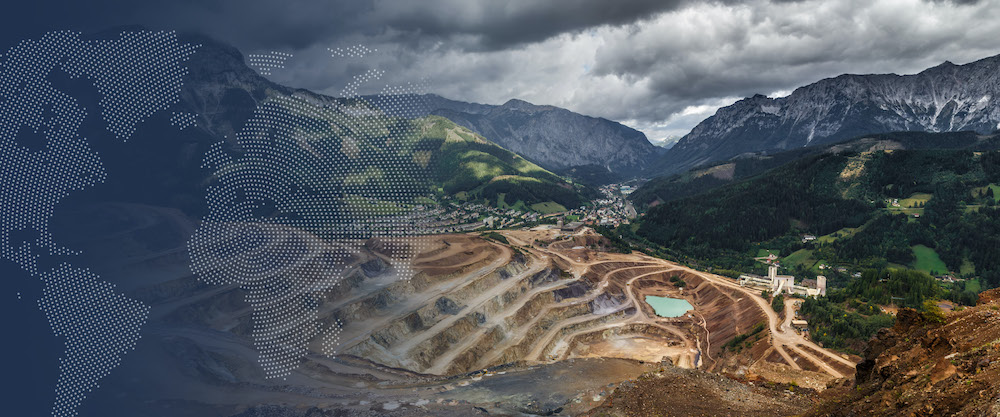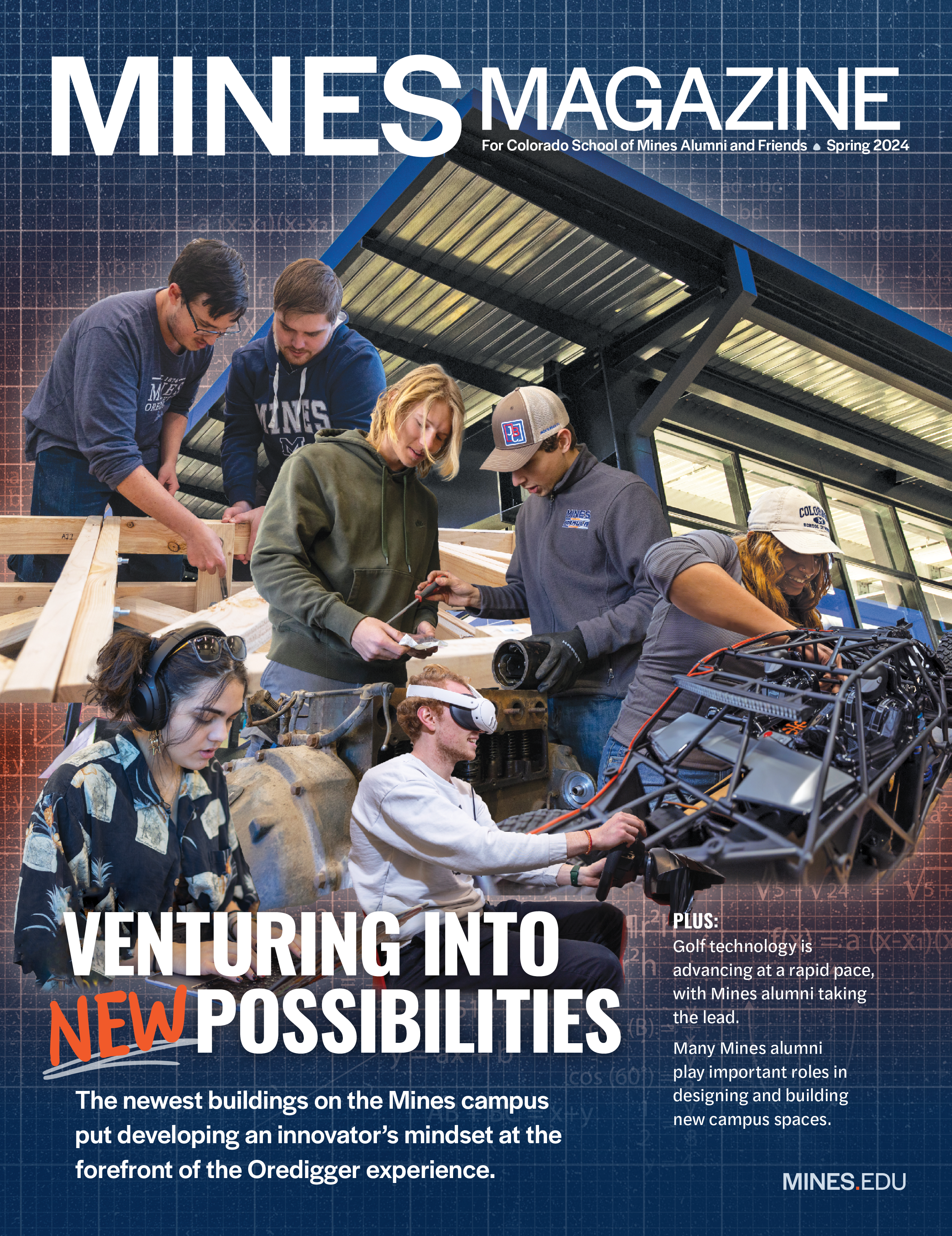Ripple effects

Deploying more renewable energy technologies, such as wind turbines and solar panels, within the next few decades is a critical step forward in our global energy future.
But to produce more of these technologies, companies need greater quantities of certain minerals—lithium for electric vehicles and battery storage, for example—which are often mined and processed in other countries. The increasing demand for these minerals puts pressure on global supply chains and will likely create or exacerbate other issues, such as crime, conflict, child labor and pollution, to name a few.
Though increased clean energy should ultimately help slow the progression of climate change, it may also cause wide-ranging ripple effects around the world. The new Supply Chain Transparency Initiative at the Payne Institute for Public Policy aims to better understand these issues and, using Mines’ technical expertise, offer solutions for addressing them.
“As the world wants to dramatically increase renewable energy, well, that takes a lot of minerals,” said Gregory Clough, deputy director of the Payne Institute. “In the U.S., we’re focused on the immediate environmental concerns, but there are all these other issues that arise from the demands being put on developing countries to essentially fulfill Western countries’ desires for renewable energy. This is an overlooked part
of the conversation.”
Working in collaboration with Mines’ researchers and industry partners, the institute’s experts are beginning to study and document the supply chain journey for materials that are critical to the clean energy transition, such as copper, nickel, lithium and cobalt. They’re also exploring the social, political, environmental and humanitarian impacts of these minerals. They’ll then share their findings so that lawmakers, companies and consumers can make the best decisions possible for the environment, the economy and communities around the globe.
“We want to make supply chains more sustainable, and the way we do that is with transparency and researching the ins and outs of these different materials,” said Jordy Lee ’19, the initiative’s program manager.
To start, Lee is analyzing basic commodities, such as copper, mapping the metal’s journey from mines in Chile, Africa and Arizona, to finished products like solar panels, wind turbines and batteries—and every step in between. With that information in hand, he’ll be able to compare and contrast supply chains around the world and consider the effects of mining, processing, refining, using and recycling copper in different places.
Since those impacts will likely vary from region to region, the institute’s experts can then suggest customized policy solutions to help address them. They can also help companies find and partner with the most sustainable suppliers.
In the long-term, the institute hopes to create a standardized system for companies to report the environmental impacts of their operations, a process that is currently unregulated, Lee said.
“There’s so much missing information,” Lee said. “It’s difficult to make policy decisions or business decisions when there’s a lot of noise and you don’t really know what data sources to trust. We want to be this trusted source for really robust supply chain data that policymakers and industry can use to make better decisions.”
Lee also wants to help bridge the gap between the upstream companies that mine and process the materials and the downstream companies that actually use them. Part of the initiative will include creating a research consortium made up of stakeholders from all along the chain, Lee said.
Through it all, the institute will work closely with Mines faculty and student researchers in mining engineering, economics and business, applied mathematics and statistics and other fields, bringing much-needed technical expertise to discussions about how best to achieve a greener future.
“Mines is the No. 1 mining engineering school in the world, and it’s just a matter of bringing that technical expertise to the global policy conversation,” said Clough. “That is the opportunity we have here at Mines.”





